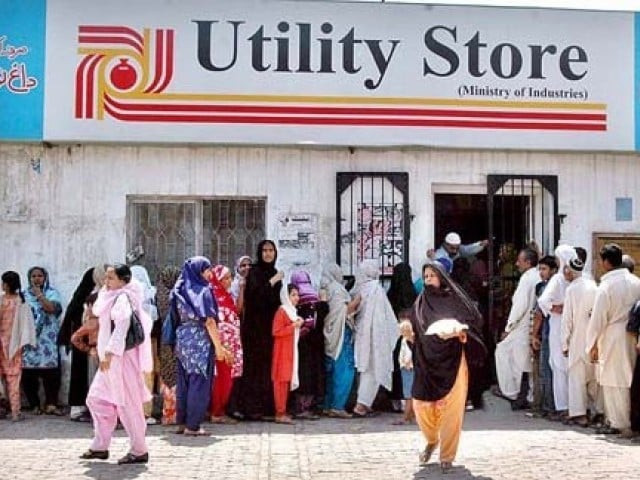The Closure of Utility Stores Corporation: What It Means for Pakistan
The recent decision to shut down the Utility Stores Corporation (USC) has sent ripples through the workforce and economy of Pakistan. Prime Minister’s Special Assistant on Industries and Production, Haroon Akhtar Khan, made it clear that this tough choice was made to avoid USC becoming "another PIA," referring to the financial woes of Pakistan International Airlines. It’s a bittersweet outcome, especially considering the impact on approximately 6,000 employees who now face an uncertain future.
In a meeting held by the National Assembly Standing Committee on Industries and Production, Secretary Saif Anjum outlined that all USC operations have officially ceased since the government’s July 31 deadline. The closure brings with it the approval of a relief package for those affected, set to be distributed within the next 15 days. This package, amounting to Rs19 billion, is a part of a broader Rs30 billion allocation aimed at easing the transition as 21 properties of USC are slated for sale.
When faced with questions about this abrupt decision, Haroon Akhtar Khan expressed that the government had little choice. "Nowhere in the world do governments run businesses," he noted, emphasizing the financial strain that subsidies and corruption had placed on the USC, making it unsustainable. An official stated that running USC for another two years would have required an additional Rs20 to 25 billion, a burden that the government could no longer shoulder.
The closure has not only raised concerns among employees but also stirred discussions about the future of other state-run enterprises. Haroon Akhtar Khan also hinted at potential revival plans for the Pakistan Steel Mills with Russian assistance, showing that while the government is taking steps to cut losses, there are still efforts to revitalize other struggling industries.
The atmosphere in the committee was charged, with some members urging a reconsideration of the decision. However, the Secretary reaffirmed that operations had already been halted, indicating a definitive end. It’s a harsh reality for many, but it’s one that sheds light on the ongoing challenges faced by state-owned enterprises in Pakistan.
For those looking for insights and updates on the evolving economic landscape, stay connected through platforms like Pro21st. Engaging with informed discussions can help navigate the complexities of such significant changes and understand their broader impact.
At Pro21st, we believe in sharing updates that matter.
Stay connected for more real conversations, fresh insights, and 21st-century perspectives.





